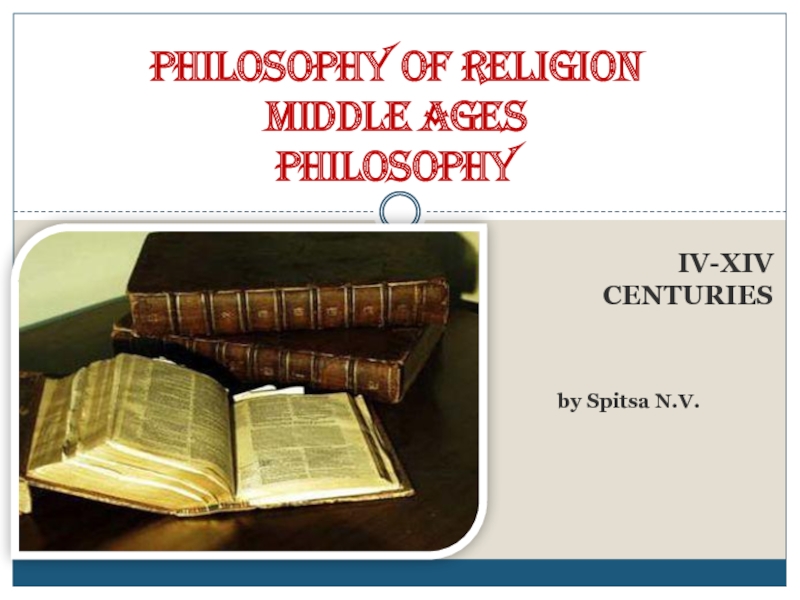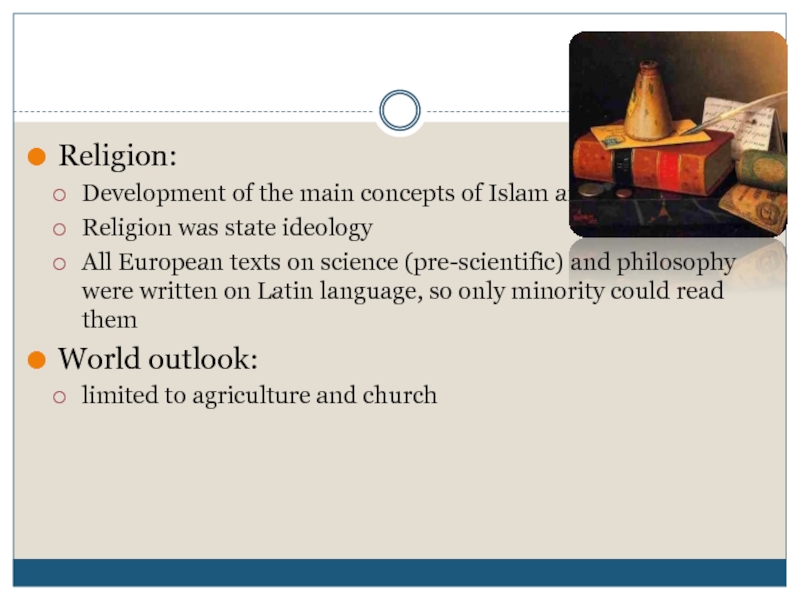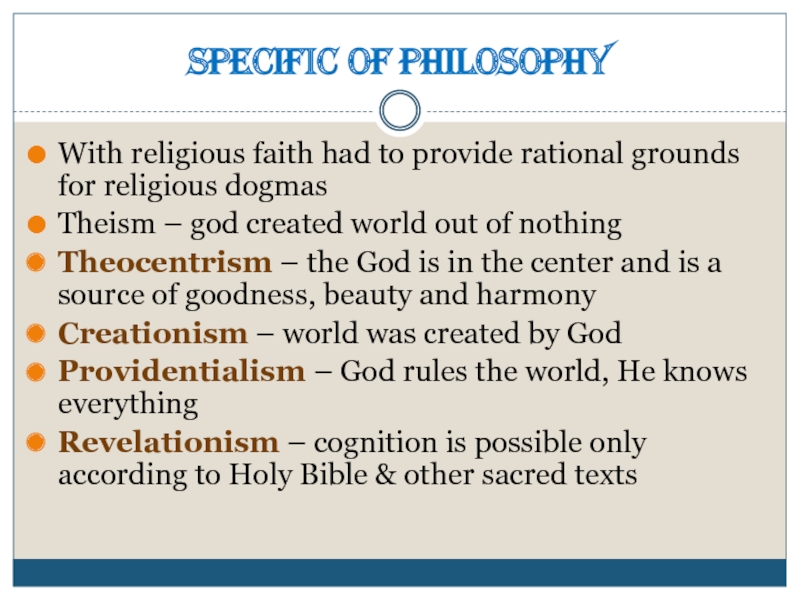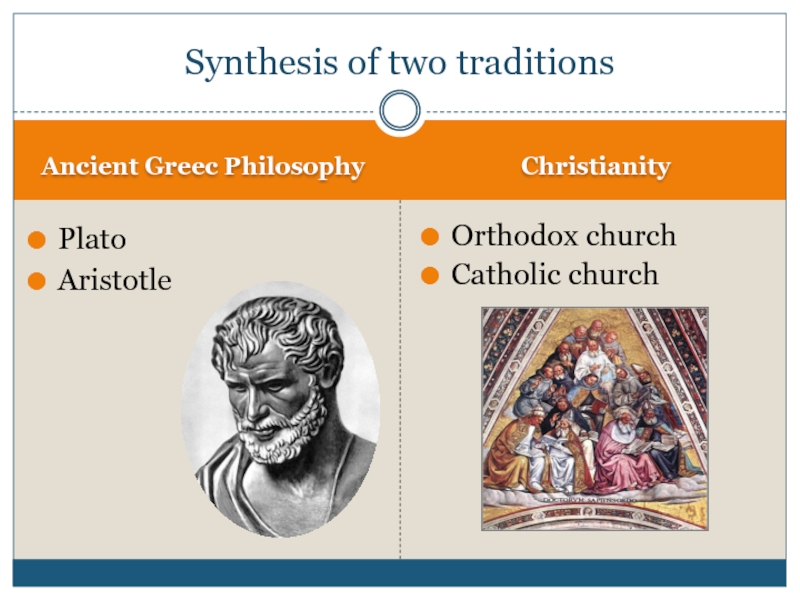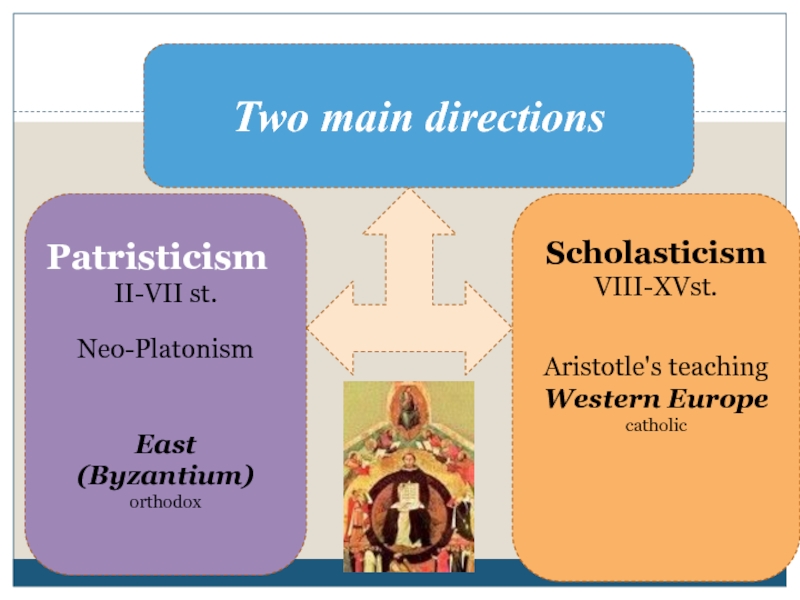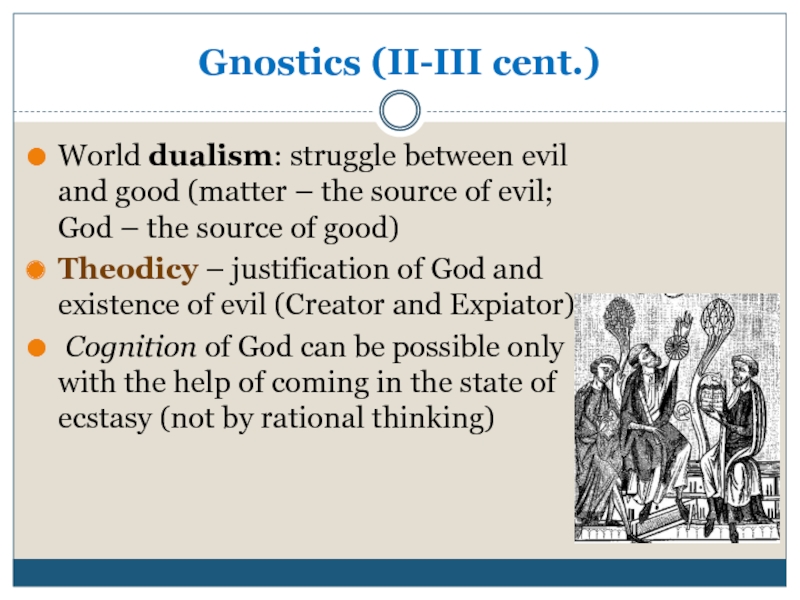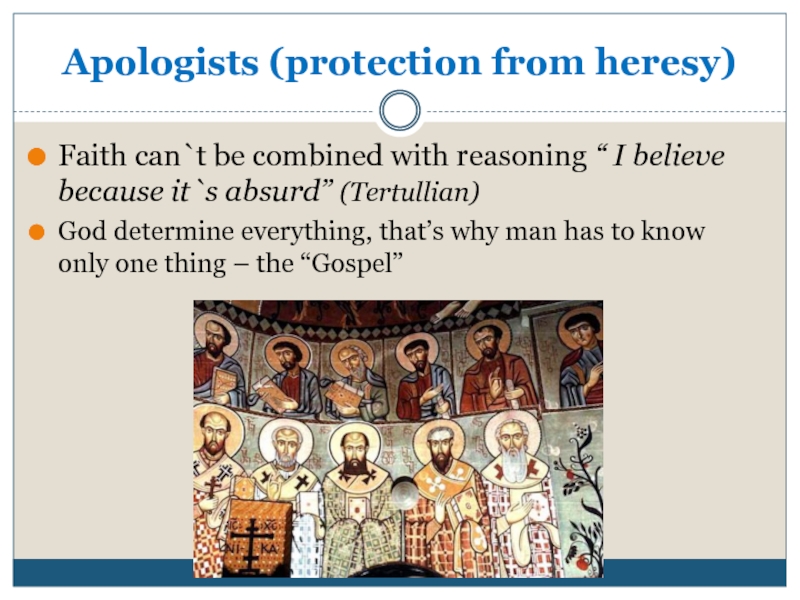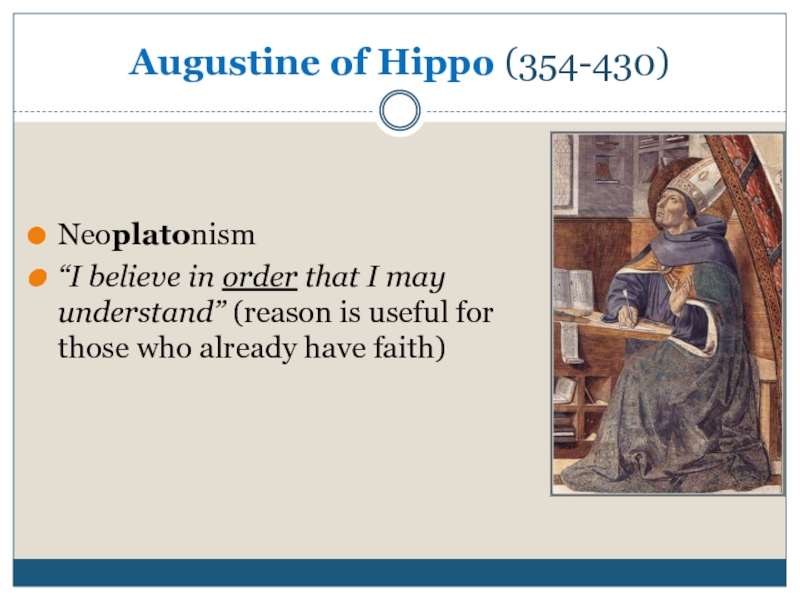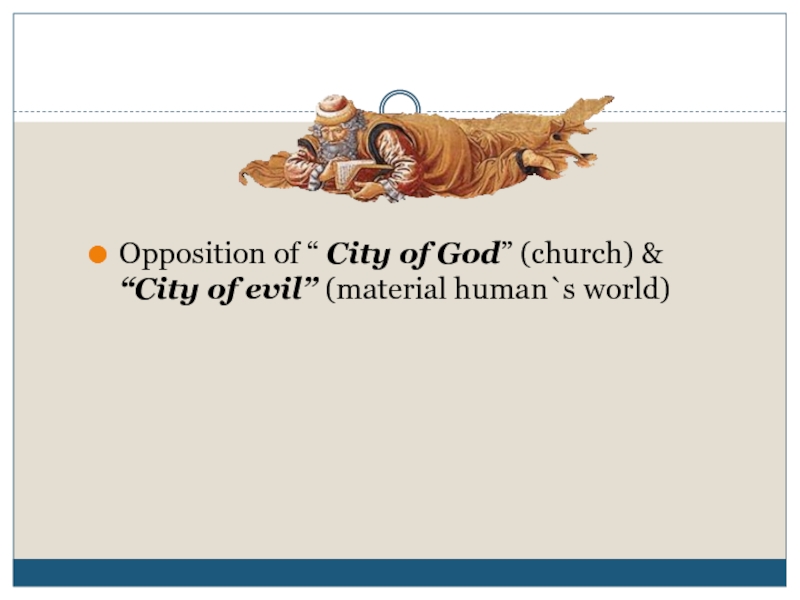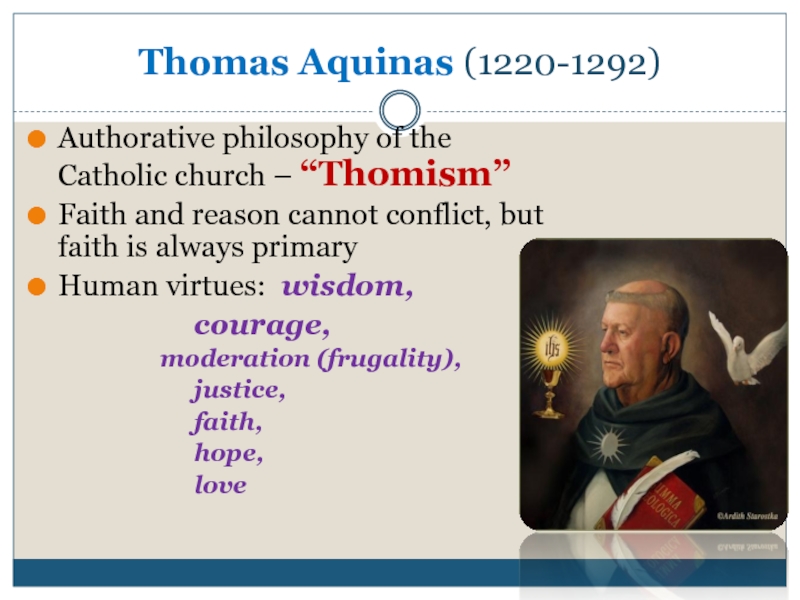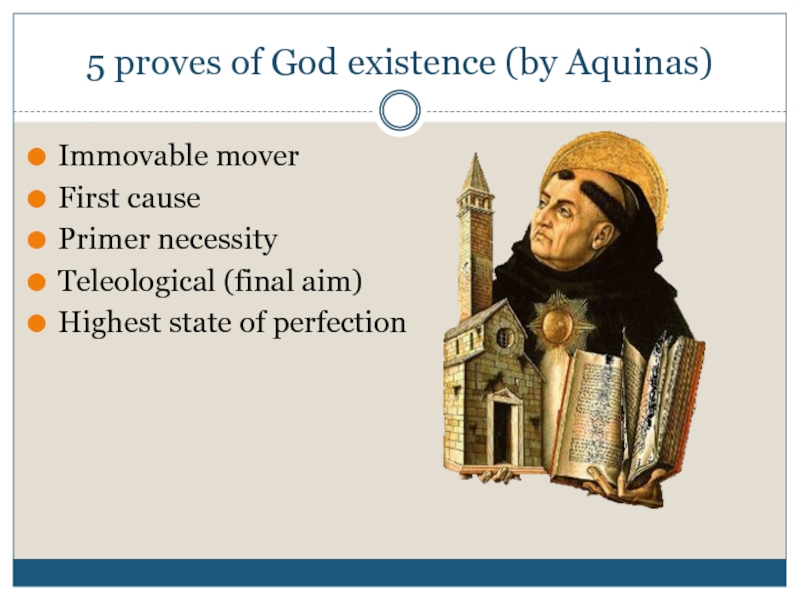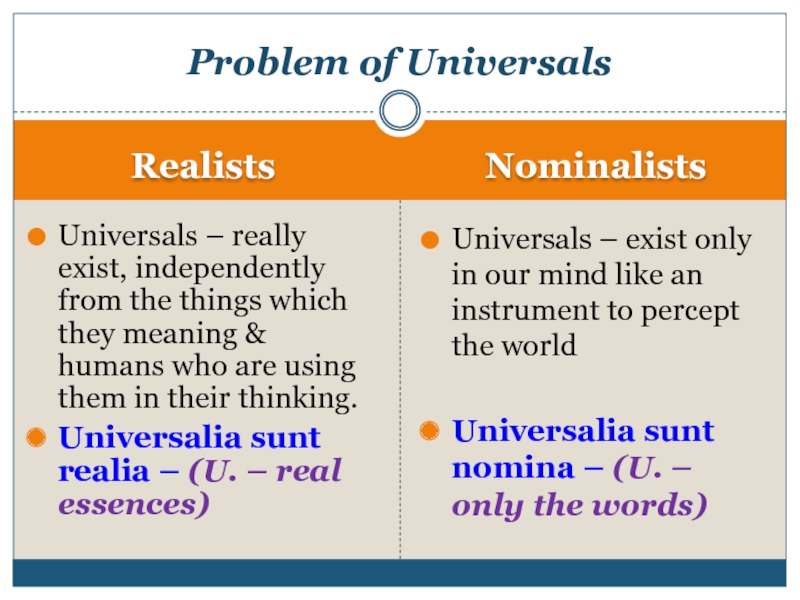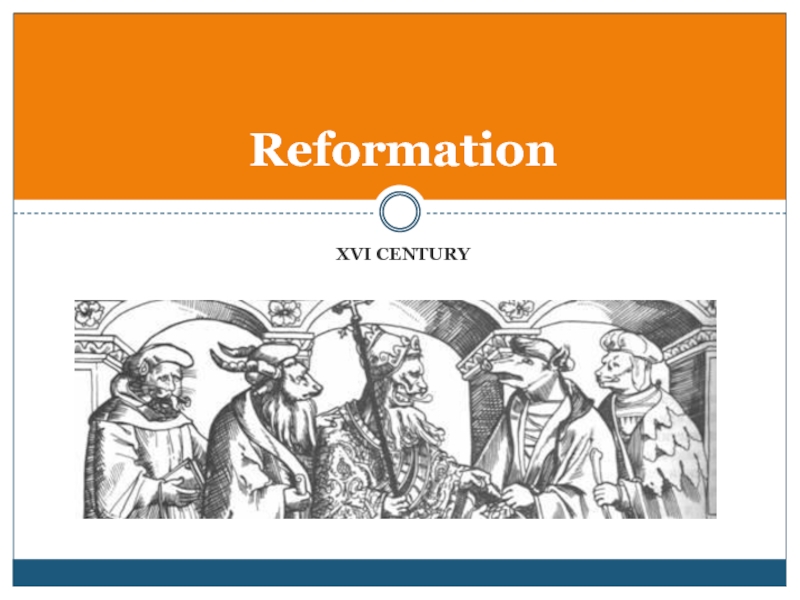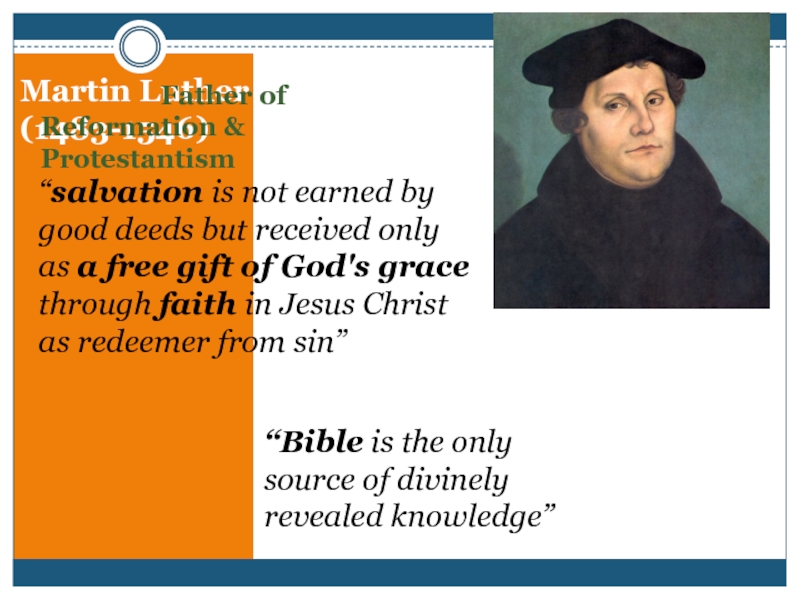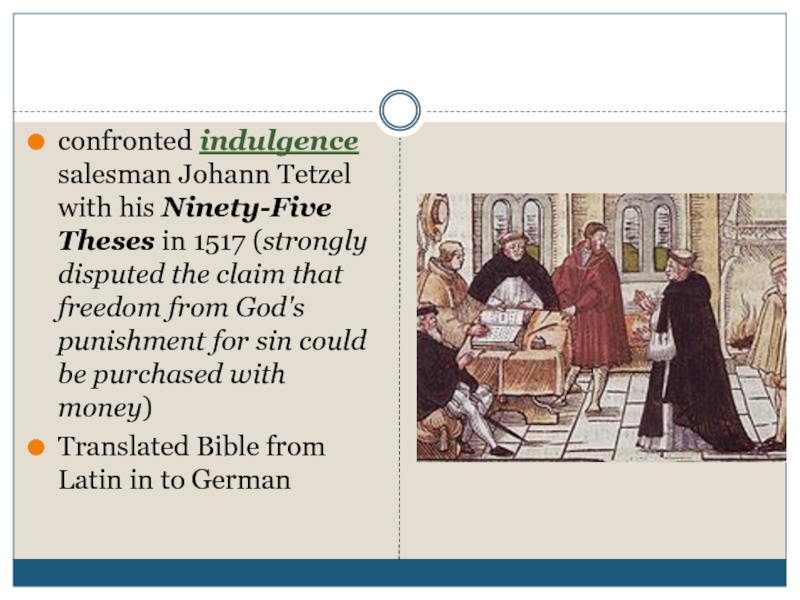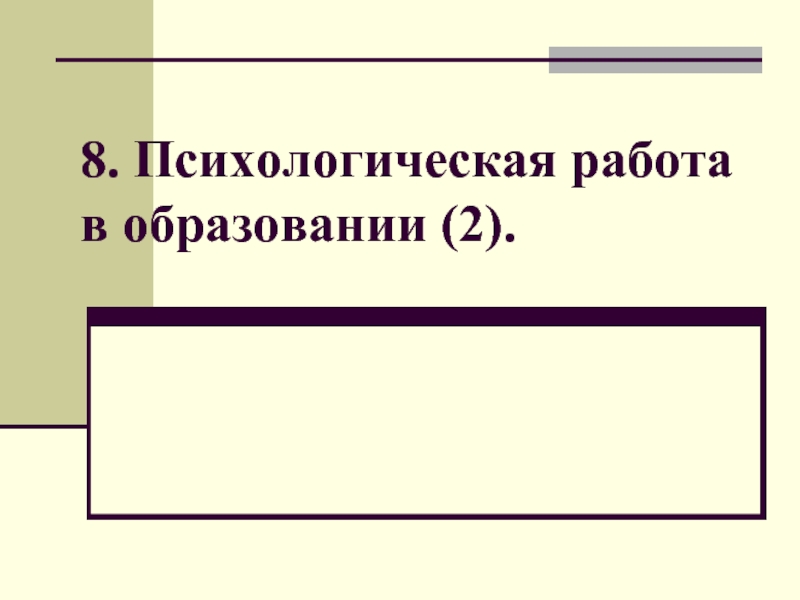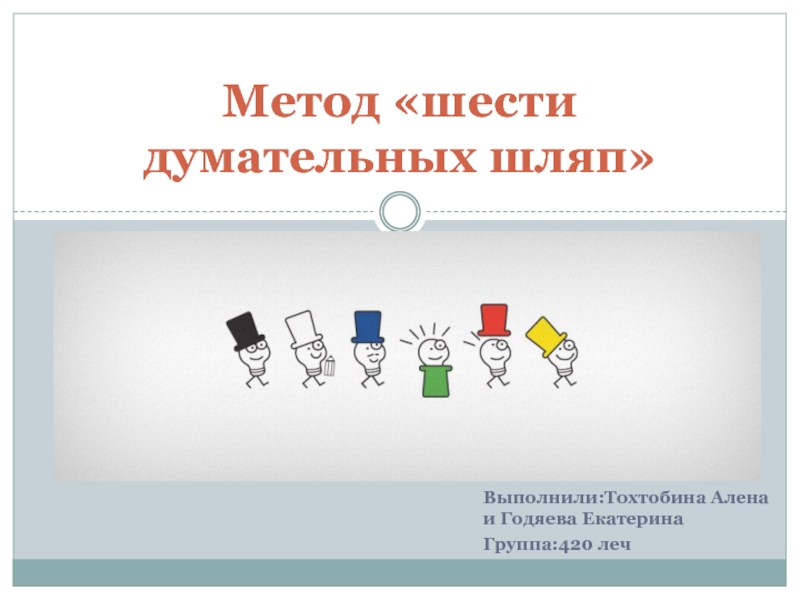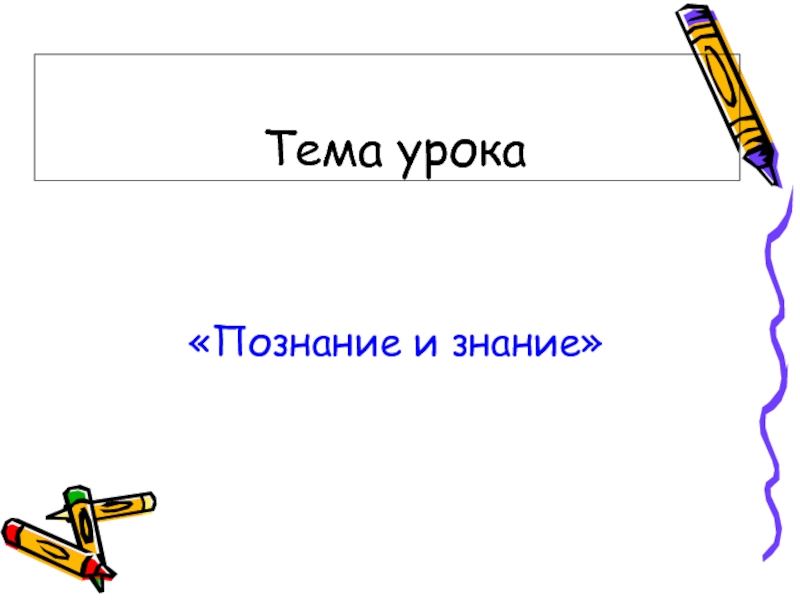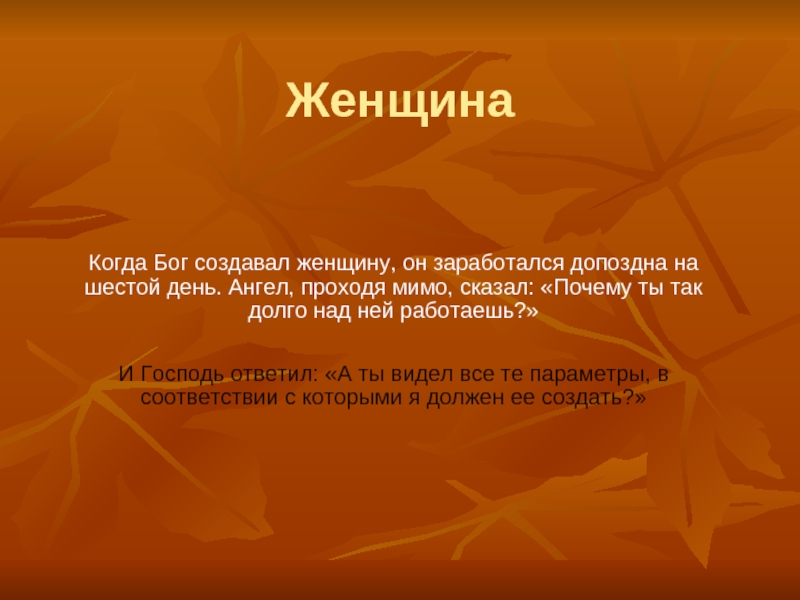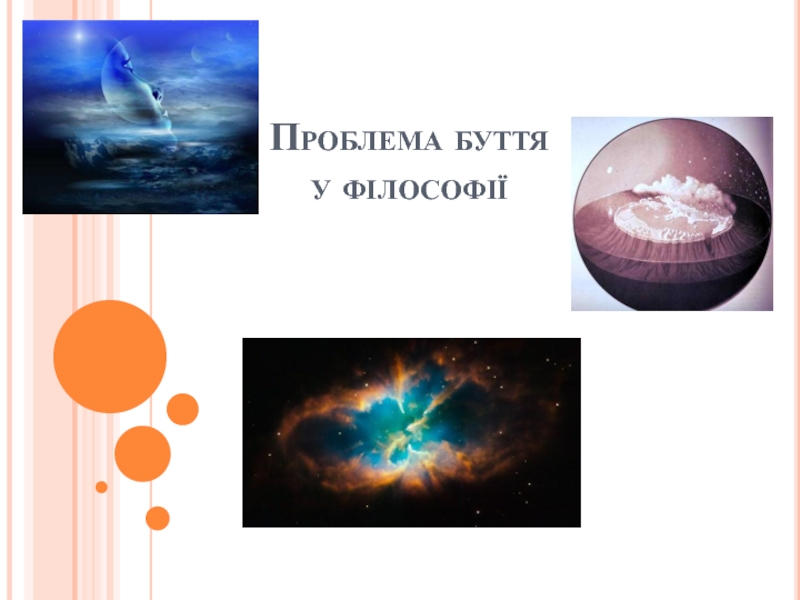- Главная
- Разное
- Дизайн
- Бизнес и предпринимательство
- Аналитика
- Образование
- Развлечения
- Красота и здоровье
- Финансы
- Государство
- Путешествия
- Спорт
- Недвижимость
- Армия
- Графика
- Культурология
- Еда и кулинария
- Лингвистика
- Английский язык
- Астрономия
- Алгебра
- Биология
- География
- Детские презентации
- Информатика
- История
- Литература
- Маркетинг
- Математика
- Медицина
- Менеджмент
- Музыка
- МХК
- Немецкий язык
- ОБЖ
- Обществознание
- Окружающий мир
- Педагогика
- Русский язык
- Технология
- Физика
- Философия
- Химия
- Шаблоны, картинки для презентаций
- Экология
- Экономика
- Юриспруденция
Philosophy of religion. Middle ages philosophy презентация
Содержание
- 1. Philosophy of religion. Middle ages philosophy
- 2. Religion: Development of the main
- 3. Specific of Philosophy With religious faith had
- 4. Ancient Greec Philosophy Christianity Plato Aristotle Orthodox church Catholic church Synthesis of two traditions
- 5. Two main directions
- 6. Gnostics (II-III cent.) World dualism: struggle between
- 7. Apologists (protection from heresy) Faith can`t be
- 8. Augustine of Hippo (354-430) Neoplatonism “I believe
- 9. Opposition of “ City of God” (church) & “City of evil” (material human`s world)
- 10. Thomas Aquinas (1220-1292) Authorative philosophy of the
- 11. 5 proves of God existence (by Aquinas)
- 12. Realists Nominalists Universals – really exist, independently
- 13. XVI CENTURY Reformation
- 14. Martin Luther (1483-1546) Father of Reformation
- 15. confronted indulgence salesman Johann Tetzel with
- 16. BY NATALYA SPITSA Thank you!
Слайд 2
Religion:
Development of the main concepts of Islam and Christianity
Religion was
All European texts on science (pre-scientific) and philosophy were written on Latin language, so only minority could read them
World outlook:
limited to agriculture and church
Слайд 3Specific of Philosophy
With religious faith had to provide rational grounds for
Theism – god created world out of nothing
Theocentrism – the God is in the center and is a source of goodness, beauty and harmony
Creationism – world was created by God
Providentialism – God rules the world, He knows everything
Revelationism – cognition is possible only according to Holy Bible & other sacred texts
Слайд 4Ancient Greec Philosophy
Christianity
Plato
Aristotle
Orthodox church
Catholic church
Synthesis of two traditions
Слайд 5
Two main directions
Patristicism
II-VII st.
Neo-Platonism
East
(Byzantium)
orthodox
Scholasticism
VIII-XVst.
Aristotle's teaching
Western Europe
catholic
Слайд 6Gnostics (II-III cent.)
World dualism: struggle between evil and good (matter –
Theodicy – justification of God and existence of evil (Creator and Expiator)
Cognition of God can be possible only with the help of coming in the state of ecstasy (not by rational thinking)
Слайд 7Apologists (protection from heresy)
Faith can`t be combined with reasoning “ I
God determine everything, that’s why man has to know only one thing – the “Gospel”
Слайд 8Augustine of Hippo (354-430)
Neoplatonism
“I believe in order that I may understand”
Слайд 10Thomas Aquinas (1220-1292)
Authorative philosophy of the Catholic church – “Thomism”
Faith and
Human virtues: wisdom,
courage,
moderation (frugality),
justice,
faith,
hope,
love
Слайд 115 proves of God existence (by Aquinas)
Immovable mover
First cause
Primer necessity
Teleological
Highest state of perfection
Слайд 12Realists
Nominalists
Universals – really exist, independently from the things which they meaning
Universalia sunt realia – (U. – real essences)
Universals – exist only in our mind like an instrument to percept the world
Universalia sunt nomina – (U. – only the words)
Problem of Universals
Слайд 14Martin Luther
(1483-1546)
Father of Reformation & Protestantism
“salvation is not earned by
“Bible is the only source of divinely revealed knowledge”
Слайд 15
confronted indulgence salesman Johann Tetzel with his Ninety-Five Theses in 1517
Translated Bible from Latin in to German
